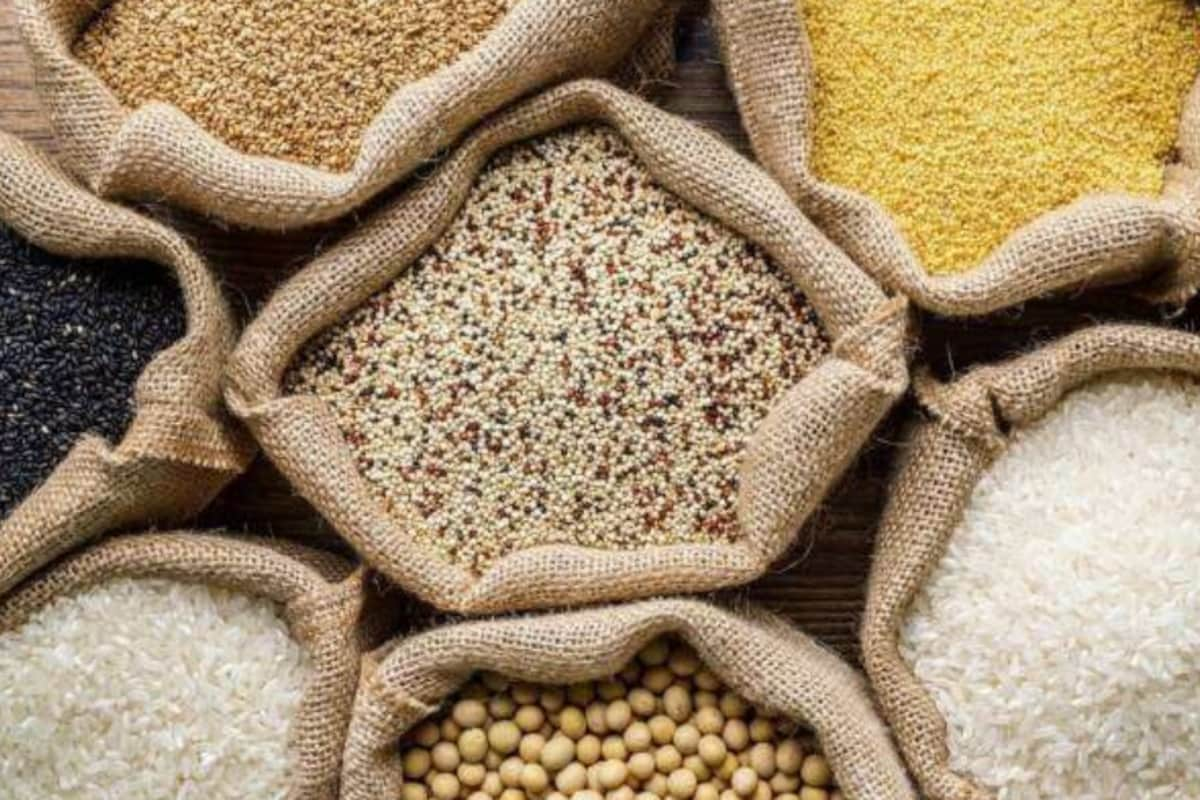The UN Food Systems Summit has given India a lead to define the national pathways to transform our food systems into economically, socially and environmentally sustainable systems, said Union Minister of State for Agriculture and Farmer’s Welfare Shobha Karandlaje.
She was virtually addressing the Pre-Summit Ministerial Roundtable on “Transforming Food Systems for Achieving the Sustainable Development Goals: Rising to the Challenge” of the United Nations Food Systems Summit 2021.
Advertisement
The Minister informed the summit about various steps India has taken to transform its agri-food systems into sustainable systems, to provide income support to farmers, improve rural incomes, as well as address the issues of under-nutrition and malnutrition in the country.
Emphasizing the importance of the agriculture sector, Karandlaje said that agriculture has been a great success story in India. “The green revolution in the 1960s catapulted India from a country with perennial food shortages to a food grain exporter as of today,” she said, as per a release.
India is now focusing to enhance productivity, make post-harvest management robust and give farmers and buyers a unified national market for optimizing benefits to both, she said, adding, “India has embarked on very ambitious reforms in the agriculture sector to double the income of farmers in coming years and numerous interventions have been put in place in recent times due to which India’s farm sector performed exceedingly well even in the pandemic crisis with production surpassing earlier records.”
The Minister thanked the UN and other countries for accepting India’s proposal of celebrating the year 2023 as the ‘International Year of Millets’. She said that for addressing nutritional challenges and also to bring diversity in our agri-food systems, the Government is supporting diversification from predominantly food grain-based systems to other high-value crops like fruits and vegetables.
To address the issues of under-nutrition and malnutrition, India is running the world’s largest food-based safety net programmes which include the Targeted Public Distribution System (TPDS) that served about 800 million people in 2020. India’s school feeding programme, the Mid Day Meal Scheme reached about 120 million schoolchildren, the Minister said and assured the summit that India will continue with its efforts in transforming our agri-food systems into sustainable systems and to achieve the targets set in the Sustainable Development Goals 2030.











